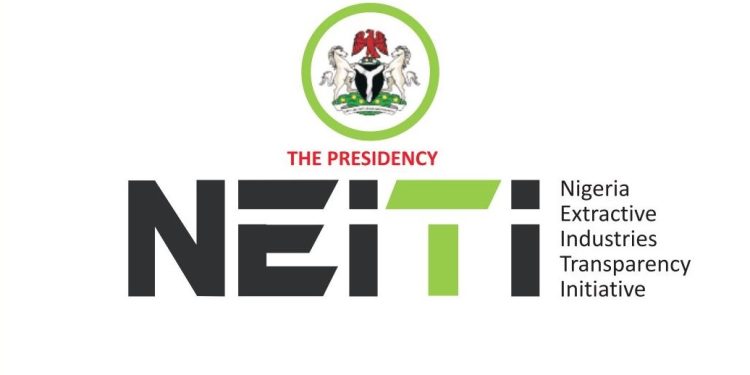The Nigeria Extractive Industries Transparency Initiative (NEITI) has embarked on a nationwide audit of oil, gas, and mining companies with the aim of enhancing transparency in domestic resource mobilization. Dr. Orji Ogbonnaya Orji, the Executive Secretary of NEITI, made this disclosure in Port Harcourt, Rivers State, during the opening of nationwide sensitization workshops on the conduct of the 2022-2023 industry reports for the oil, gas, and mining sectors, specifically targeting companies in the South South and South East regions.
In a statement released by NEITI’s Deputy Director/Head of Communications and Stakeholders Management, Obiageli Onuorah, Dr. Orji emphasized that the audit aims to promote transparency and accountability within the industry by facilitating public disclosure and addressing leakages in resource mobilization. These efforts align with the principles and standards set forth by the global Extractive Industries Transparency Initiative (EITI).
Dr. Orji underscored the significance of domestic resource mobilization in NEITI’s interventions, highlighting its pivotal role in fostering transparency and accountability. He further elaborated on the objectives of the industry reports, stating that they seek to unveil and publicize revenue flows among key stakeholders in the oil, gas, and mining sectors, as well as to assess financial, physical, and process-related issues within and among companies and relevant government agencies.
Moreover, Dr. Orji emphasized that NEITI has developed new templates to capture the evolving requirements outlined by EITI, ensuring alignment with international transparency standards.
The nationwide audit and sensitization workshops represent NEITI’s commitment to fostering transparency and accountability in Nigeria’s extractive industries. By engaging industry stakeholders and adhering to global best practices, NEITI aims to promote responsible resource management and mitigate the risk of corruption within the sector. As NEITI continues its efforts to enhance transparency and accountability in the extractive industries, stakeholders and the public alike await the outcomes of the audit and anticipate the implementation of measures to address any identified shortcomings.















